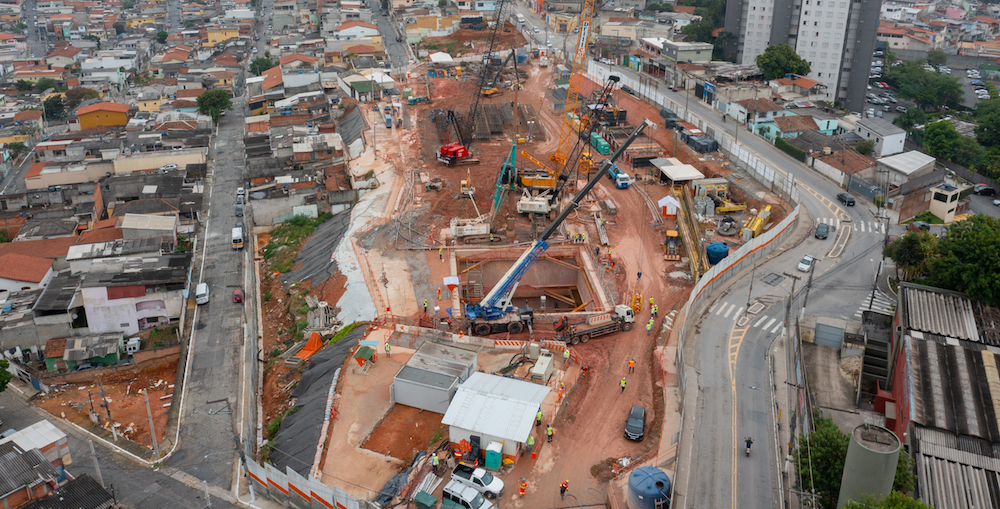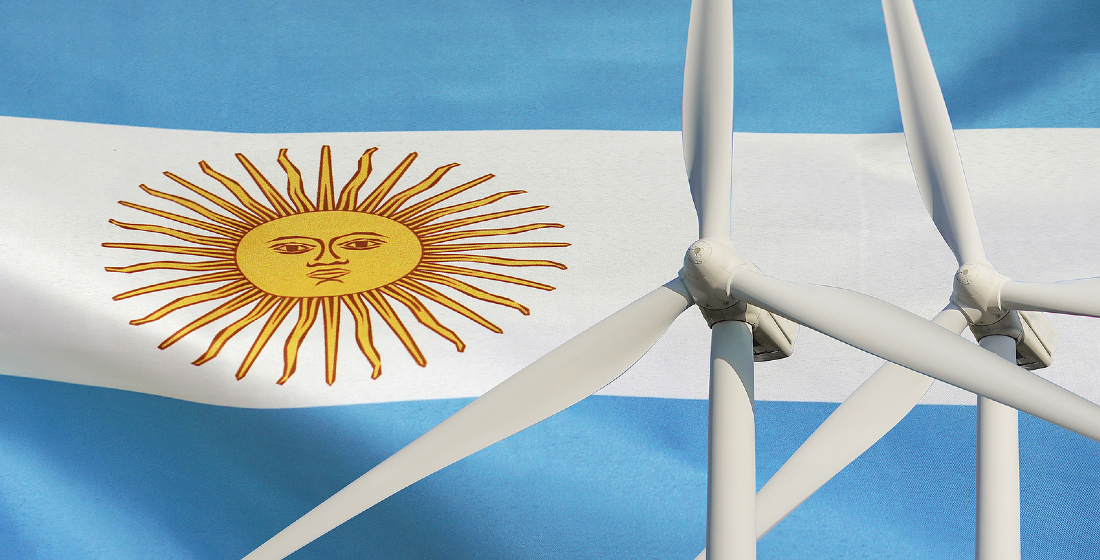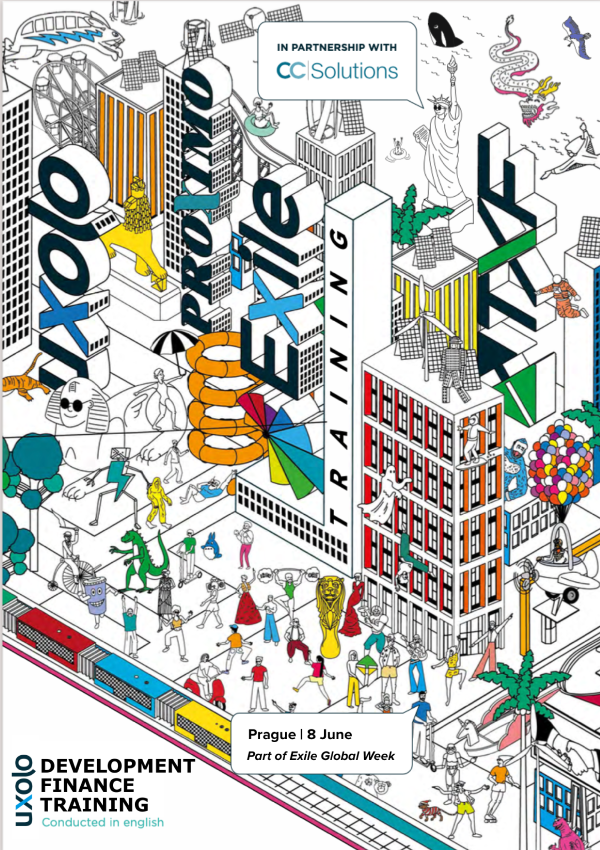Linha 6/Laranja: BNDES breaking new ground
The Sao Paulo Linha 6/Laranja scheme is a pathfinder deal that exhibits BNDES’ new mantra on infrastructure investment, turns typical financing under a DFI umbrella on its head and provides local currency debt.

The financing for the BRL18 billion ($3.44 billion) Sao Paulo Linha 6/Laranja PPP project is being promoted as a milestone for big-ticket infrastructure development in Brazil – and it is, although there is still a way to go on the evolutionary scale to pure commercial bankability pre-construction. The deal includes BNDES’s first ever limited-recourse project financing in local currency for an infrastructure PPP: think of it as a reverse development bank umbrella financing – BNDES is providing the majority of the debt and taking partial construction risk (50%) for the first time, with the remainder of that risk guaranteed by commercial banks and other DFIs.
The project involves the construction, operation, and maintenance of a new 15.3 km metro line with 15 new subway stations on the Sao Paulo metro. The line is expected to carry 630,000 passengers daily, connecting the Brasilandia neighbourhood in the north zone to Sao Joaquim Station in the central region, shortening the journey time from 1.5 hours to 23 minutes.
Awarded in 2021 to Concessionaria Linha Universidade – a joint venture special purpose vehicle owned by Acciona (47%), Societe Generale (39.7%), STOA (12.3%), and Transdev (1%) – the project’s civil works are to be carried out by the construction arm of Acciona and rolling stock is to be provided by Alstom. The independent sustainability assessor on the project is Viego Eiris.
The scheme has not had an easy ride from drawing board to construction. The concession was first auctioned in 2013, but the ‘lava jato’ (car wash) investigation imposed credit restrictions on the project’s original sponsors; it was not until 2020, when Acciona and STOA joined, following discussions initiated by Sao Paulo state, that the scheme re-emerged as a viable proposition.
But even with new sponsors on board the deal faced some significant challenges: the construction risk of a greenfield project; public risk, due to the importance of Sao Paulo’s fixed payments to the SPV during construction and operation; and risk sharing with non-domestic banks, as local banks typically do not undertake such risk.
BNDES had a long negotiation with Acciona over the liquid guarantees of the EPC agreement. With technical and legal advisory assistance, BNDES established that the whole delay damages of the EPC agreement would be backed by LCs (provided by the contractor) and also the retention of payments from the SPV to the contractor. The importance of this was that, in the event of delays in the commercial operation date, Sao Paulo state would impose penalties on top of already lowered revenues. According to BNDES’ head of sanitation and transport, Rafael Pimentel, the SPV needed to have liquid instruments ready in order to, in the event of such a scenario, keep the project at pace and pay grantors penalties.
The State of Sao Paulo is providing BRL7.85 billion for the project during the construction period. That public sector risk during construction was mitigated via a BRL3 billion loan from BNDES to Sao Paulo, assuring the funding of the project, and consolidating its future bankability. In regards to bank risk-sharing, the Acciona-led team were successful in bringing in international institutions, meaning a smaller number of letters of credit from local banks were necessary.
The project’s revenue structure defines tariff revenues at roughly 30% of total revenues and fixed grantors payment at 70% of total revenues during the operational phase. During the construction period, there will also be grantors payments distributed when project milestones are met. These fixed payments are essential for the SPV’s financial sustainability and there are guarantees in place to ensure these payments are received, such as via a fund managed by Companhia Paulista de Parcerias (CPP) and a mechanism of direct payments through Sao Paulo state’s transportation clearing accounts.
The final BNDES project financing has a 20-year tenor, which includes a grace period of four years (the construction period) and amortisation period of 16 years. The BRL6.9 billion deal comprises two tranches: BNDES has committed BRL3.6 billion through a senior facility and a further BRL3.3 billion facility with non-recourse guarantees provided by 10 other banks (a mix of commercial lenders and DFIs). After commercial operation date and financial completion, which are expected to be achieved in October 2025 and April 2026 respectively, the guarantees will be released.
The structure is effectively a syndication of risk, with the funding mostly being provided by BNDES due to its advantageous financial conditions. However, the overall financial engineering includes a bond that will be launched post-completion – this offers an opportunity for other lenders to substitute BNDES after the commercial operation date when the project risk will be lower.
The banks acting as guarantors on the deal are JP Morgan (exclusive financial advisor), Banco Santander and BNP Paribas (joint sustainability co-agents), Instituto de Credito Oficial (ICO), Corporacion Andina de Fomento (CAF), SMBC, Credit Agricole, Intesa, Bradesco, and Banco ABC Brasil. Counsel to the lenders was provided by White & Case internationally and Veirano locally.
The Uxolo perspective
Pimentel expects the success of the Linha 6/Laranja transaction to influence local banks to join future projects with similar risks. The director of Acciona Brasil, Andre de Angelo, agrees: “The project is a milestone in the Brazilian infrastructure sector… This type of financing is an innovative model proposed by BNDES, since the signed loan includes the granting of bank guarantees without recourse that partially cover the risk during the construction. The financing was structured in the project finance modality and had the assistance of national and international consultants, who were responsible for technical assessments in order to map and mitigate the risks related to the project.”
BNDES has been on a pioneering journey to rejuvenate its approach to infrastructure financing. Back in 2020, it outlined its plans to ‘act more like other DFIs in attracting other sources of financing to the country’, determined to no longer be the sole lender on large projects. The plan originally started to translate into numbers when BNDES transitioned from publicising how much it had committed as lender to instead amplifying the amount of investments required for the projects it is currently structuring. Thereafter, it has undertaken an increase in innovative project structuring, working closely with federal, state, and city governments who were similarly keen on structuring concessions on PPPs and privatisations.
Linha 6/ Laranja will very likely serve as a financial blueprint for international and regional banks looking to get comfortable with Brazilian social infrastructure risk – but only with heavy BNDES backing. Pure commercial bankability is still a way off for such projects with the majority of big-ticket project finance stemming from BNDES’ coffers: the direct loan, the state construction loan, as well as the guaranteed debt. While the bank has made progress towards attracting international financing, and the structure of the deal has involved a good number of these influential players, the DFI element was still vital. But as Pimentel says: “The Brazilian infrastructure challenges are huge and require the participation of other players as well … in order to close the infrastructure gap it is essential to have well-structured projects, with an adequate risk balance to attract investors and lenders.” This deal is another step in that direction.
Concessionaria Linha Universidade
- First disbursement: August 2022
- Description: PPP concession for a new 15.3km metro line with 15 new subway stations, carrying 630,000 passengers daily
- Location: Brazil
- Sponsors: Acciona, Societe Generale, STOA, Transdev
- Total project cost: BRL18 billion ($3.5 billion)
- Debt-to-equity ratio: 80:20
- Debt: BRL15.25 billion
- Tenor: 20 years
- Equity: BRL2.75 billion
- Lenders: State of Sao Paulo, BNDES
- Guarantors: BNP Paribas, Banco Santander, JP Morgan, ICO, CAF, SMBC, Credit Agricole, Intesa, Bradesco, ABC
- Independent sustainability assessor: Viego Eiris
- Sponsor’s legal counsel: Mattos Filho (local), Mayer Brown (international)
- Lender’s legal counsel: Veirano (local), White & Case (international)





